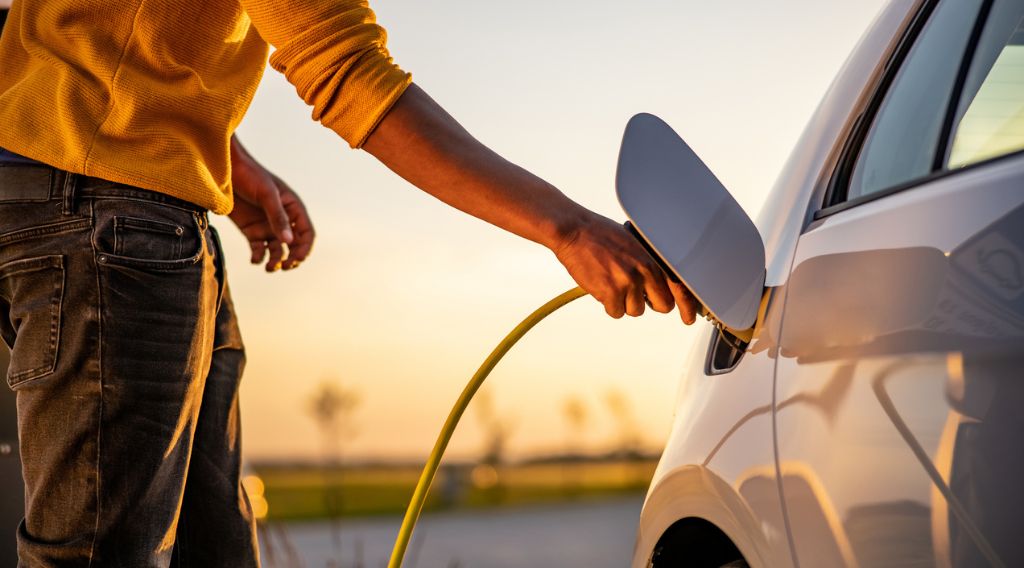
Resilient communities understand that the impact of climate change is occurring now. They prepare for, adapt to, and thrive in the face of abrupt and unforeseen weather, social, and economic changes, while increasing the use of clean energy sources and enhancing local grid infrastructure to limit risk and accelerate recovery from disaster, now and into the future.
The Minnesota GreenStep Cities Program announces its first new Best Practice and suite of actions since program inception, Best Practice 29: Climate Adaptation and Community Resilience.
Minnesota GreenStep Cities is an award-winning voluntary challenge, assistance, and recognition program that supports cities’ efforts for substantive action to achieve their sustainability goals through the implementation of best practices. GPI partners with several state agencies, nonprofits, and the League of Minnesota Cities on GreenStep Cities program development and implementation.
“The Resilience Lens is an important addition to the sustainability focus of GreenStep Cities,” says Philipp Muessig, GreenStep Co-Coordinator at the Minnesota Pollution Control Agency. “Many best practices support both sustainability and resilience by providing co-benefits to reduce risk, enhance public amenities, decrease greenhouse gas emissions, and strengthen air and water quality.”
Best Practice 29 will prepare GreenStep Cities to “bounce forward,” says Jodi Slick of Ecolibrium3, who has been spearheading development of a resilience plan for Duluth.
Several early adopters among the member GreenStep Cities have begun taking action to assess vulnerabilities and develop strategies to strengthen their community’s resilience for the changing climate, with the help of Environmental Assistance Grant funding from the Minnesota Pollution Control Agency.
- The City of St. Louis Park customized Macalester College’s award-winning Ready & Resilient St. Paul brochure as an online guide for its own community and combined it with a community workshop and vulnerability assessment tool for residents to fill out and return.
- Saint Paul is developing a city-wide Resiliency Framework through a series of facilitated workshops attended by representatives of all city departments and other stakeholders.
- Falcon Heights commissioned a Resilience Analysis by the Great Plains Institute that assesses vulnerabilities and strengths in city operations and offers recommendations for planning-based solutions.
- Burnsville held a Climate Resiliency Workshop for key stakeholders.
“Educating our residents on a changing climate and helping them to be properly prepared is helping us be a more connected and resilient community,” says Shannon Pinc, Environment & Sustainability Coordinator for the City of St. Louis Park.
Climate change is resulting in a “new normal.” The way we have planned for and built our cities in the past is inadequate for the future. It is in the interest of cities to think about resilience and plan for how they want to adapt to a changing world.
